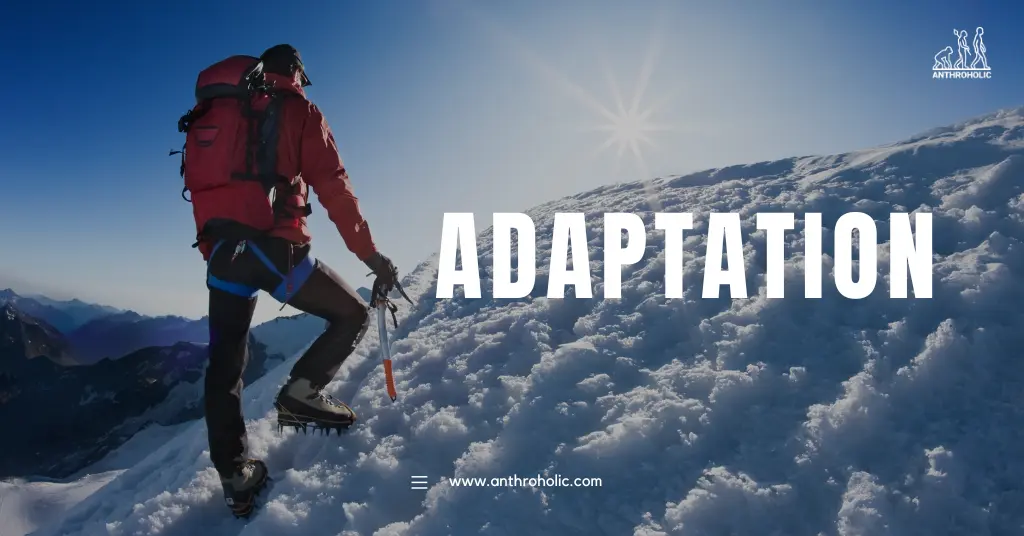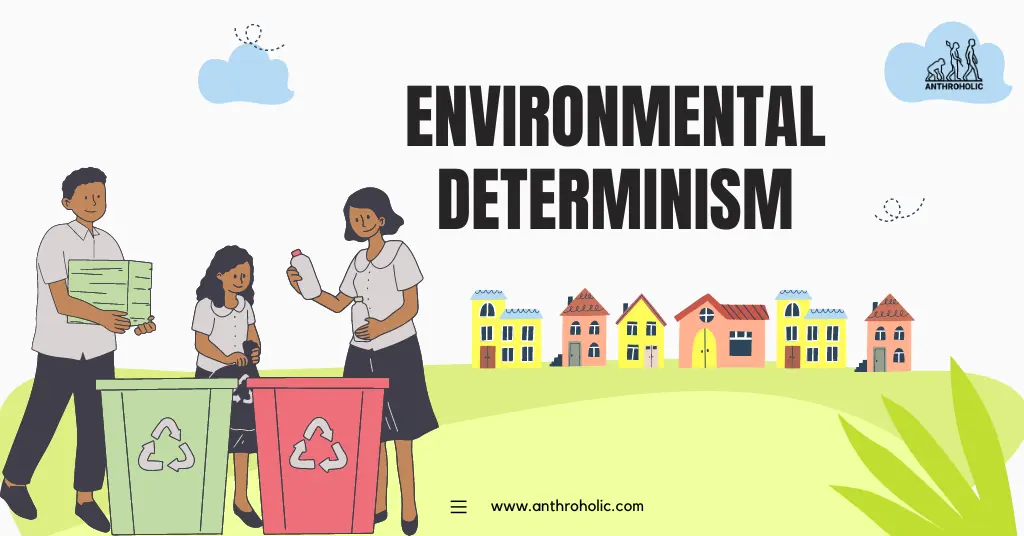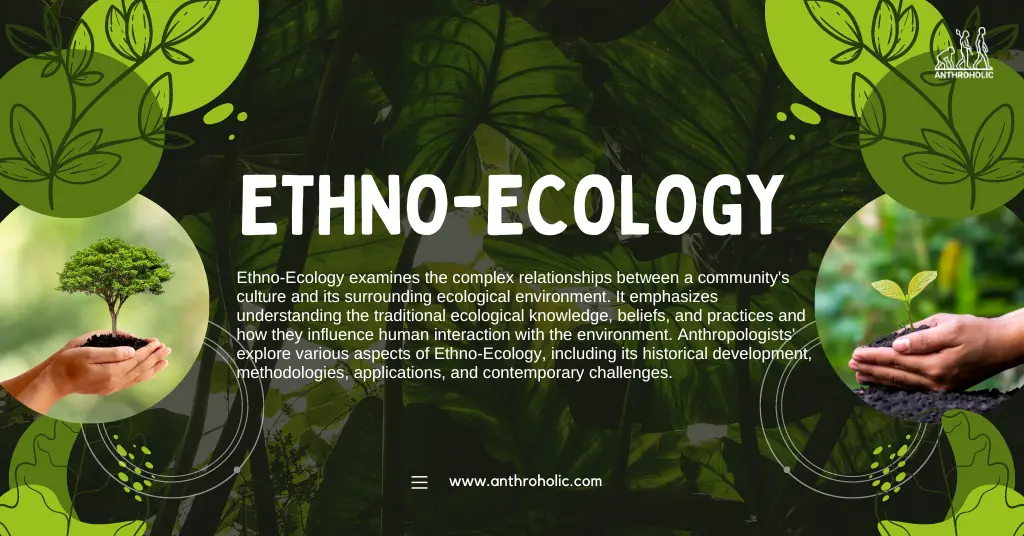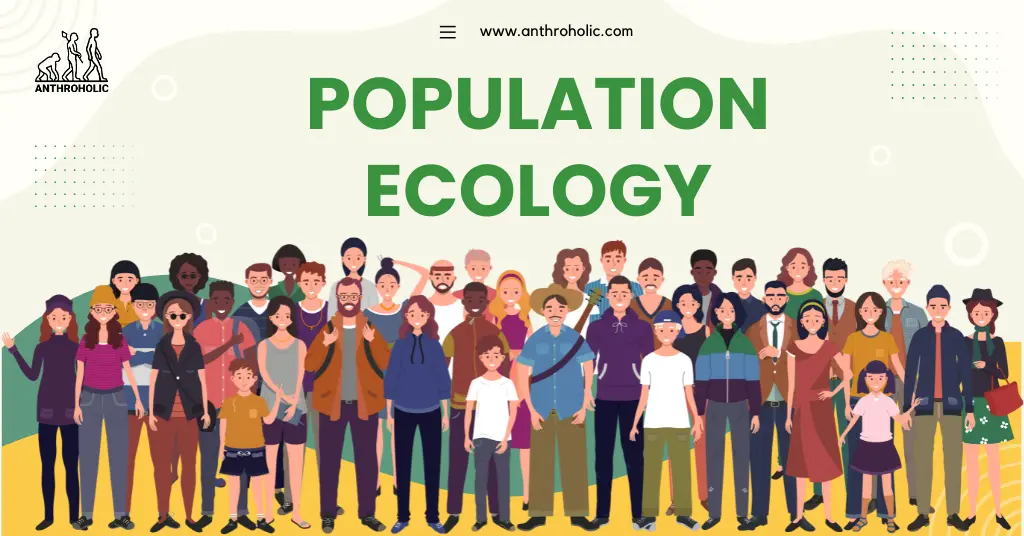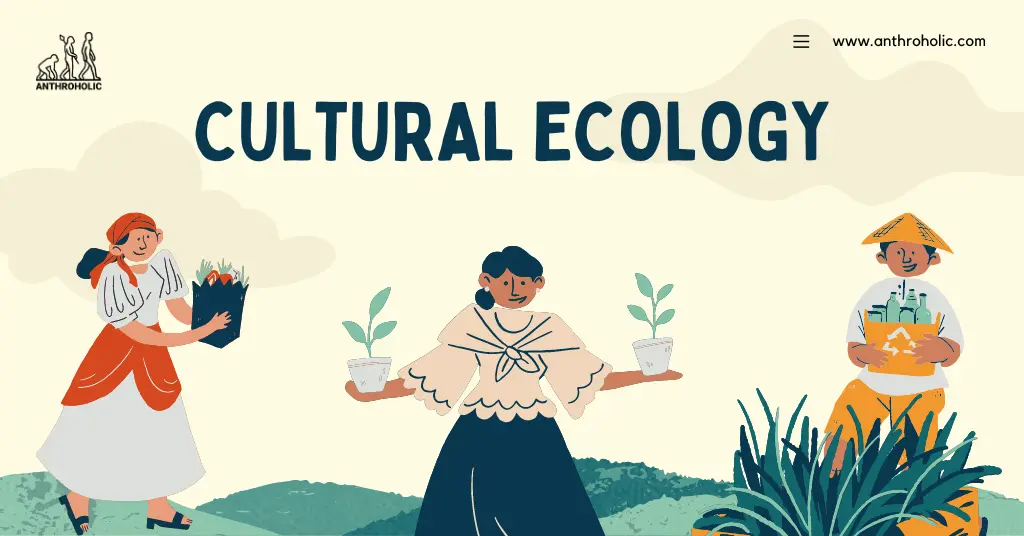AI Answer Evaluation Platform Live Now. Try Free Answer Evaluation Now

Eco-cultural Adaptations at Different Stages
From hunting and gathering to the industrial stage, eco-cultural adaptations have shaped human civilization in profound ways. Understanding these adaptations provides insight into the complex relationship between humans and their environment across history.

